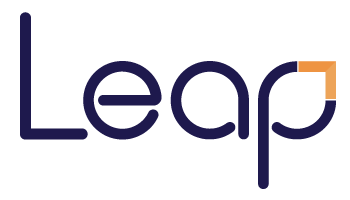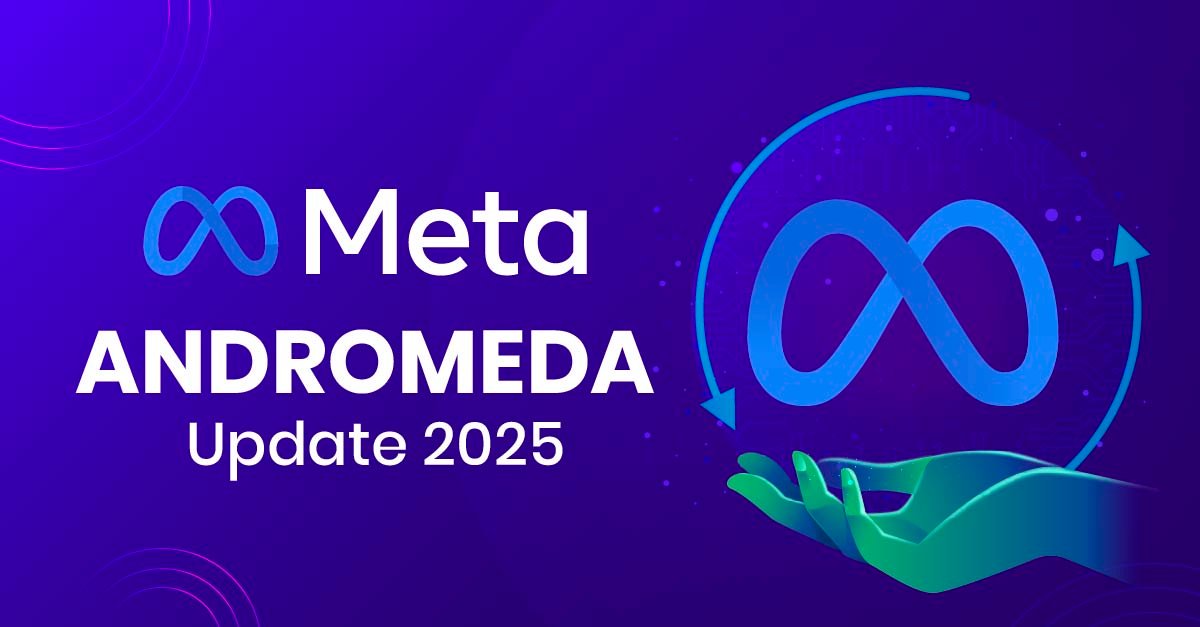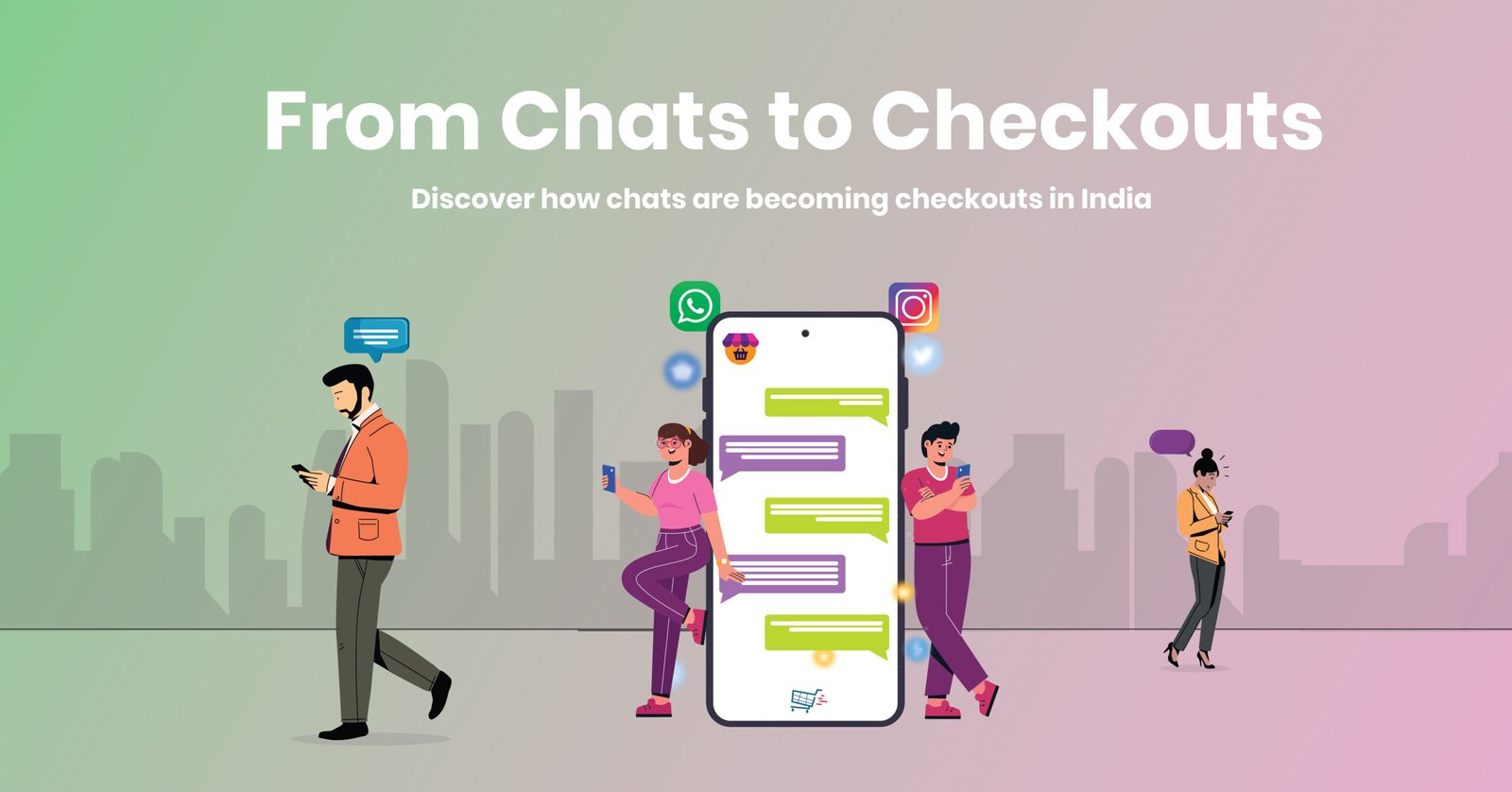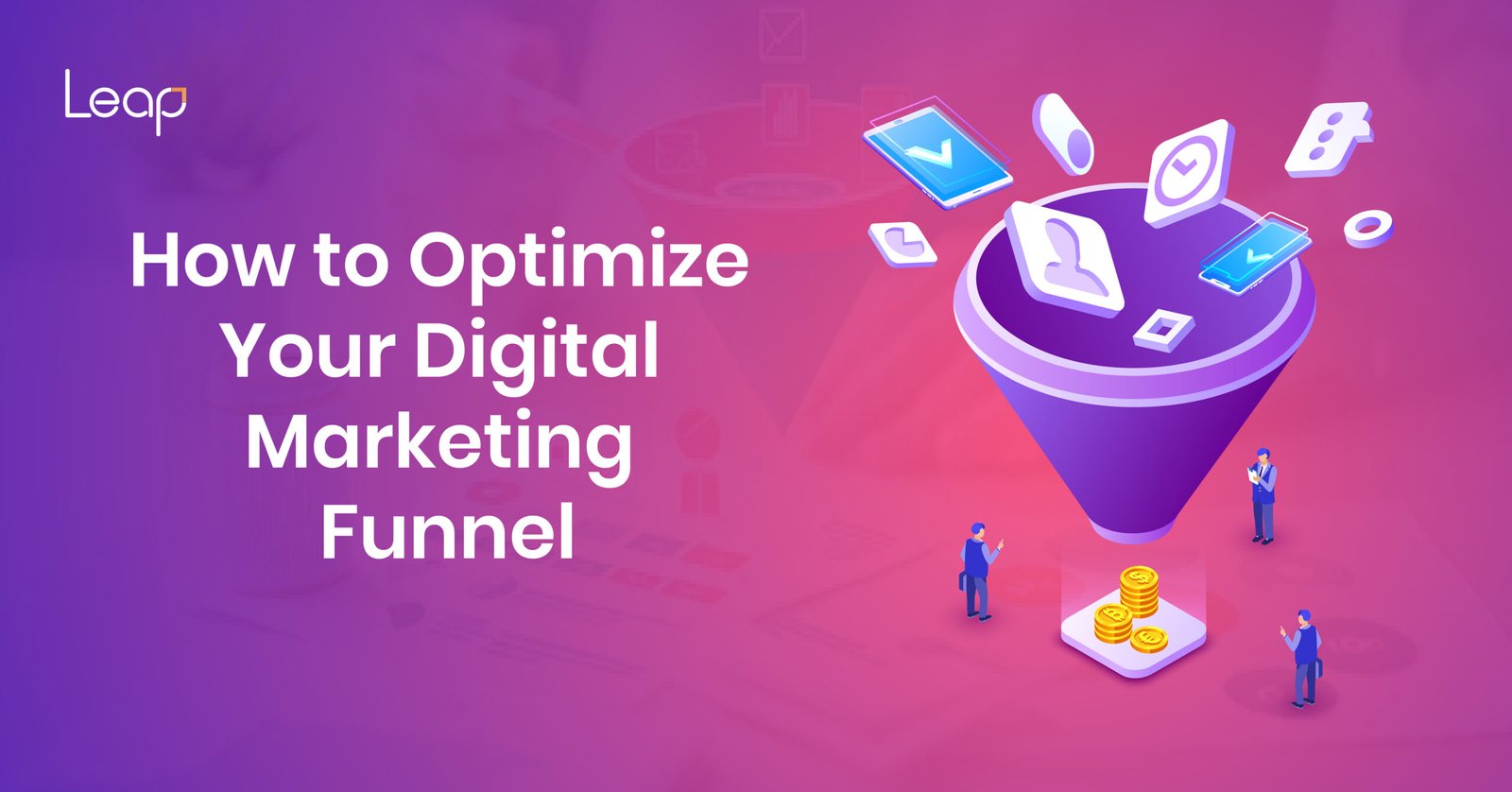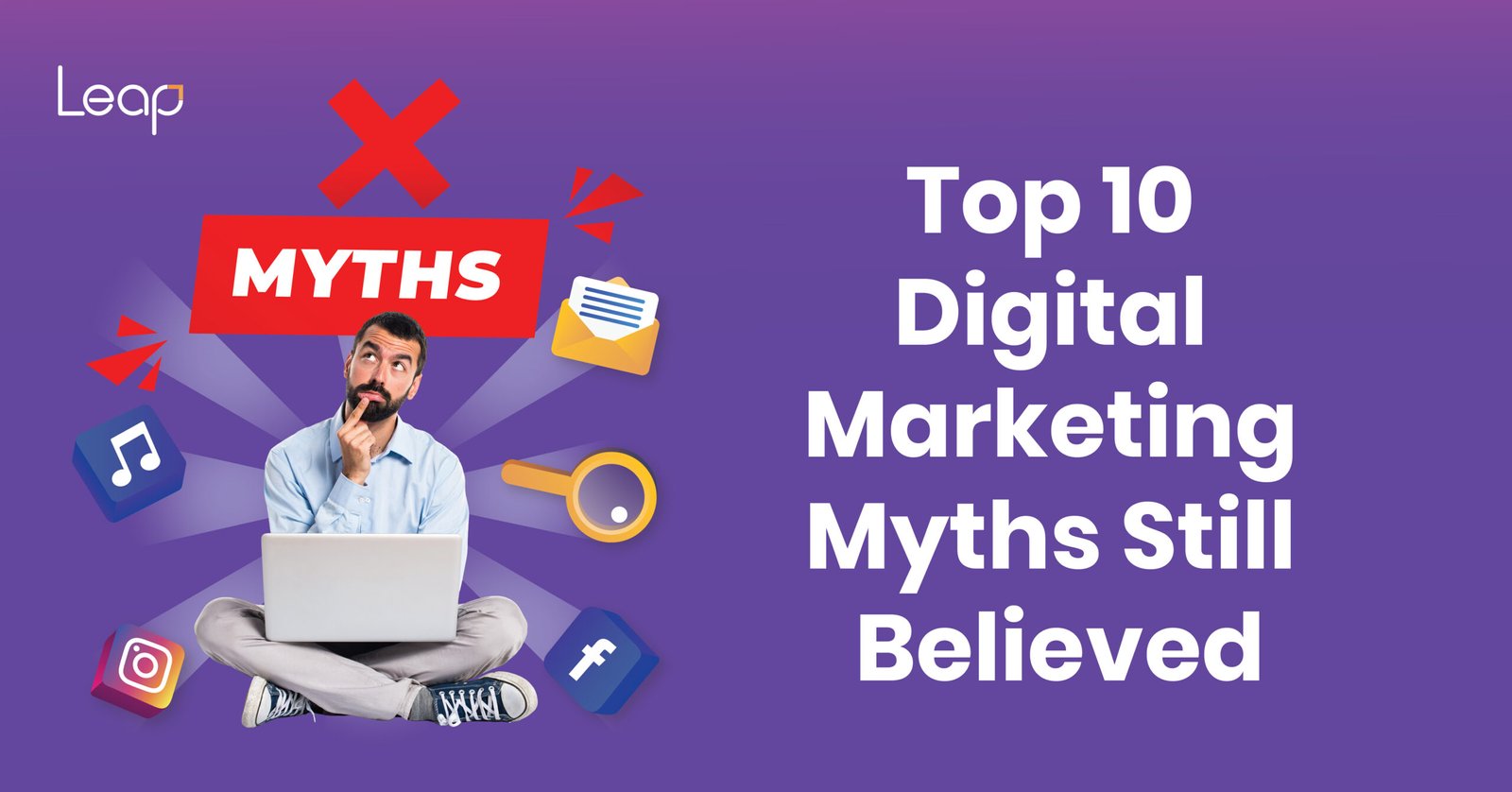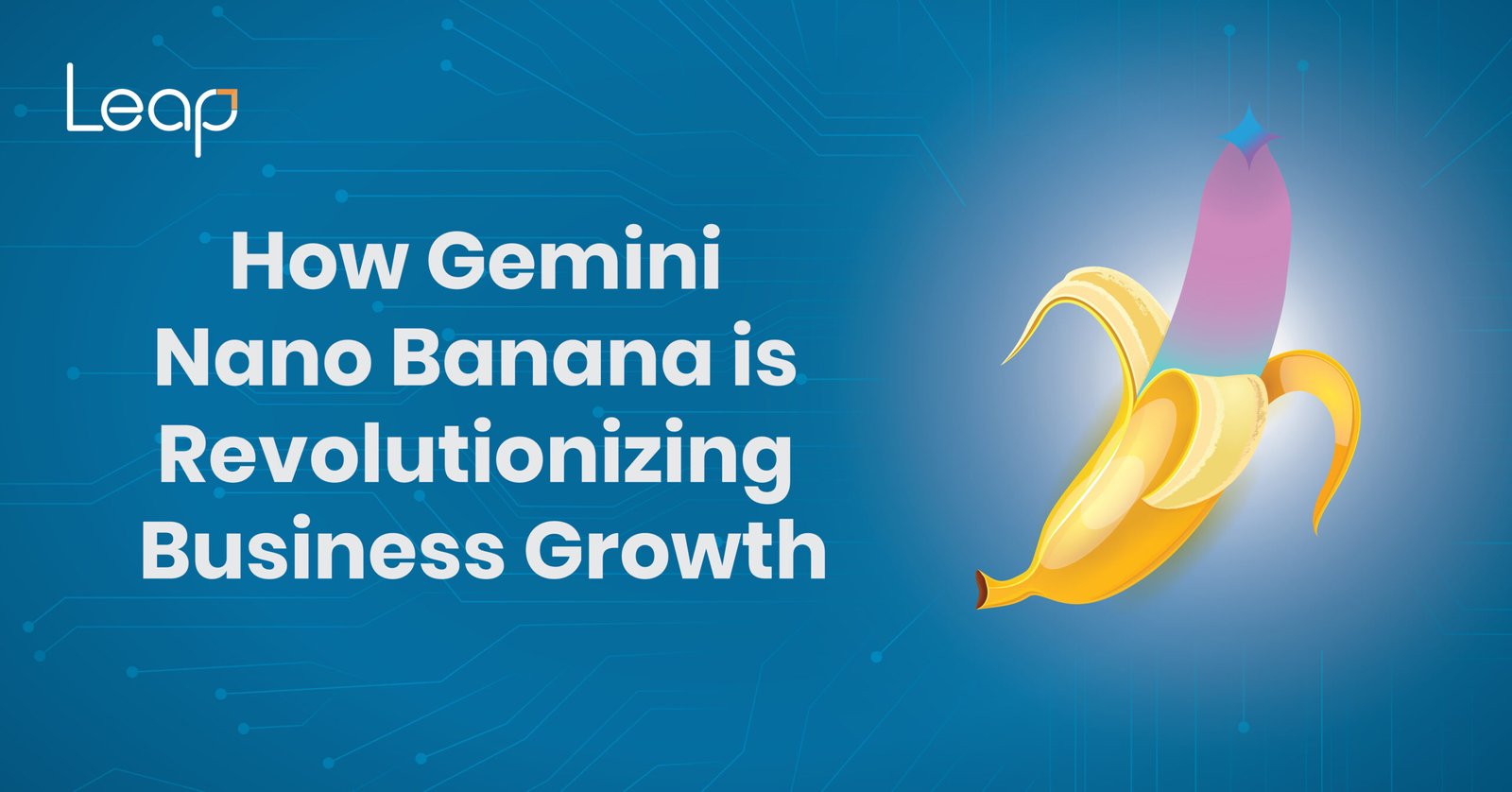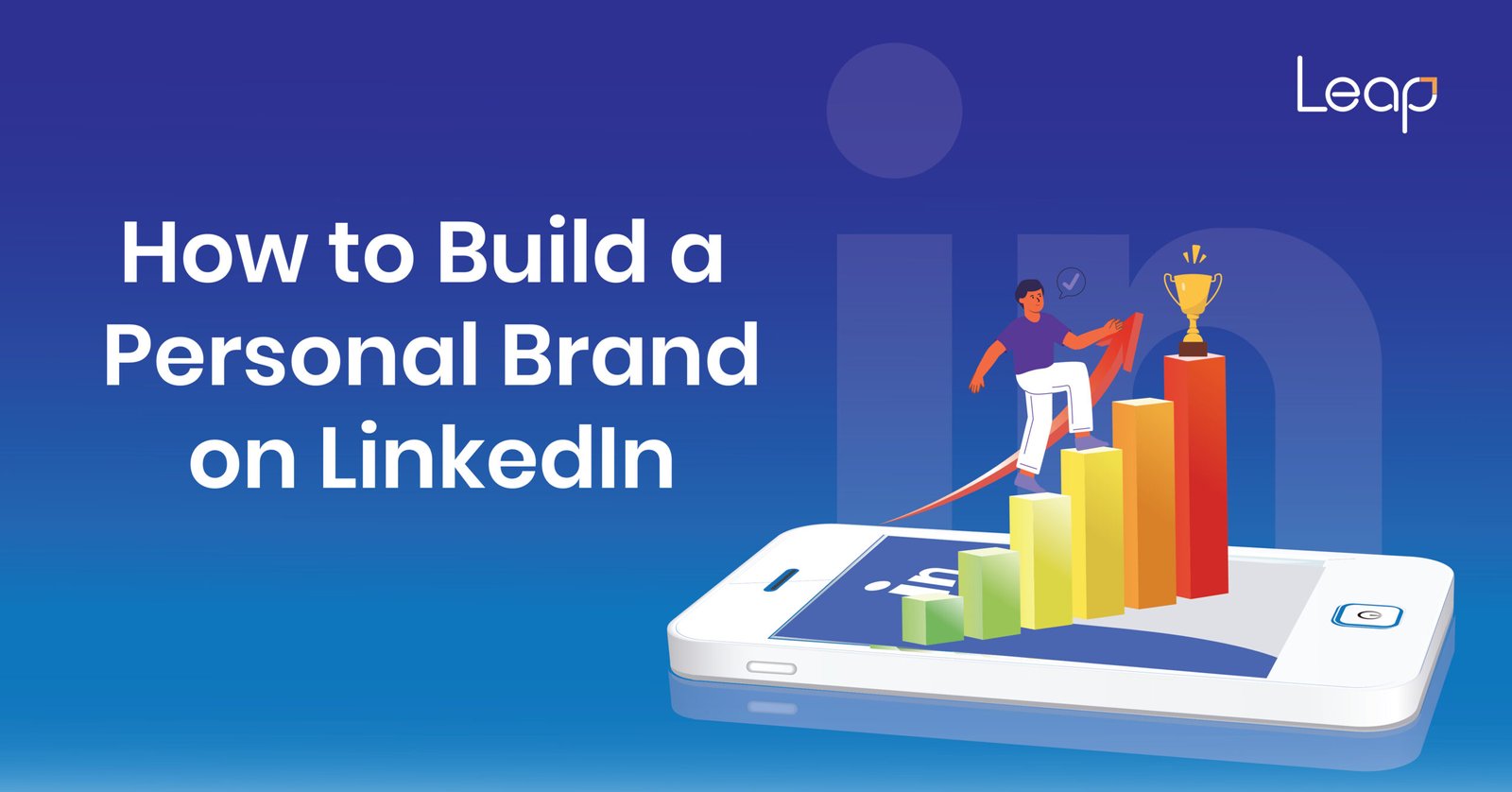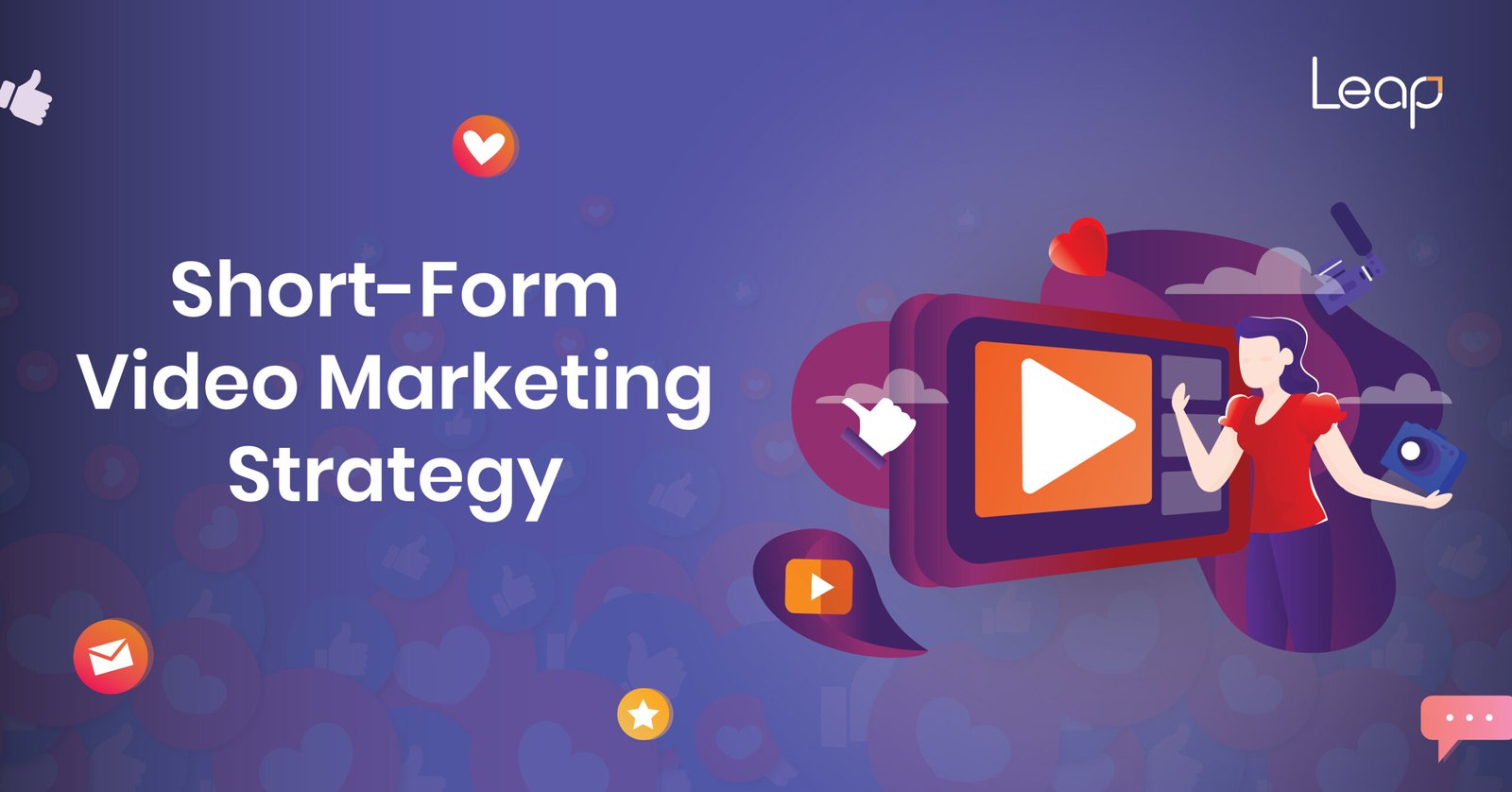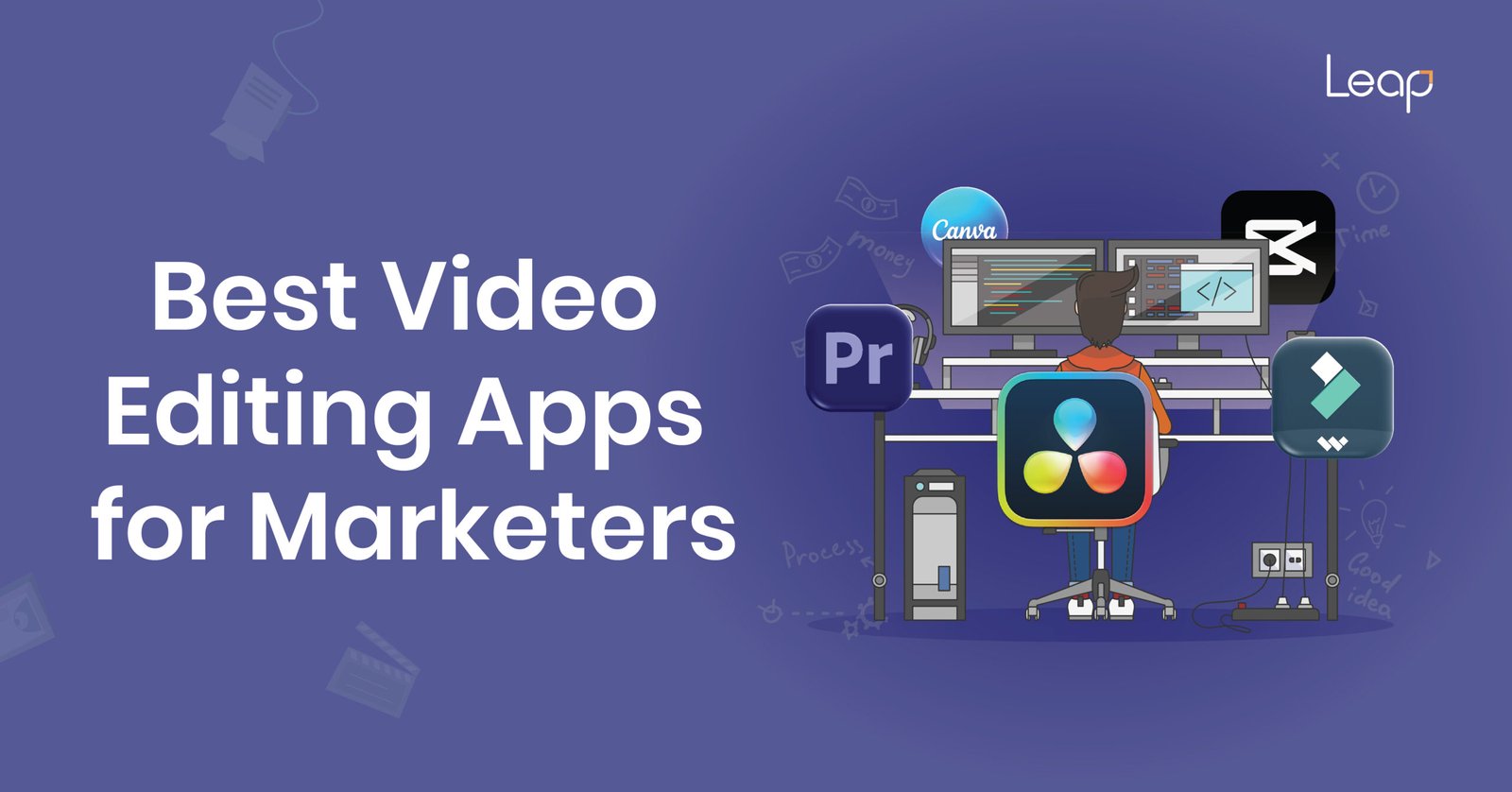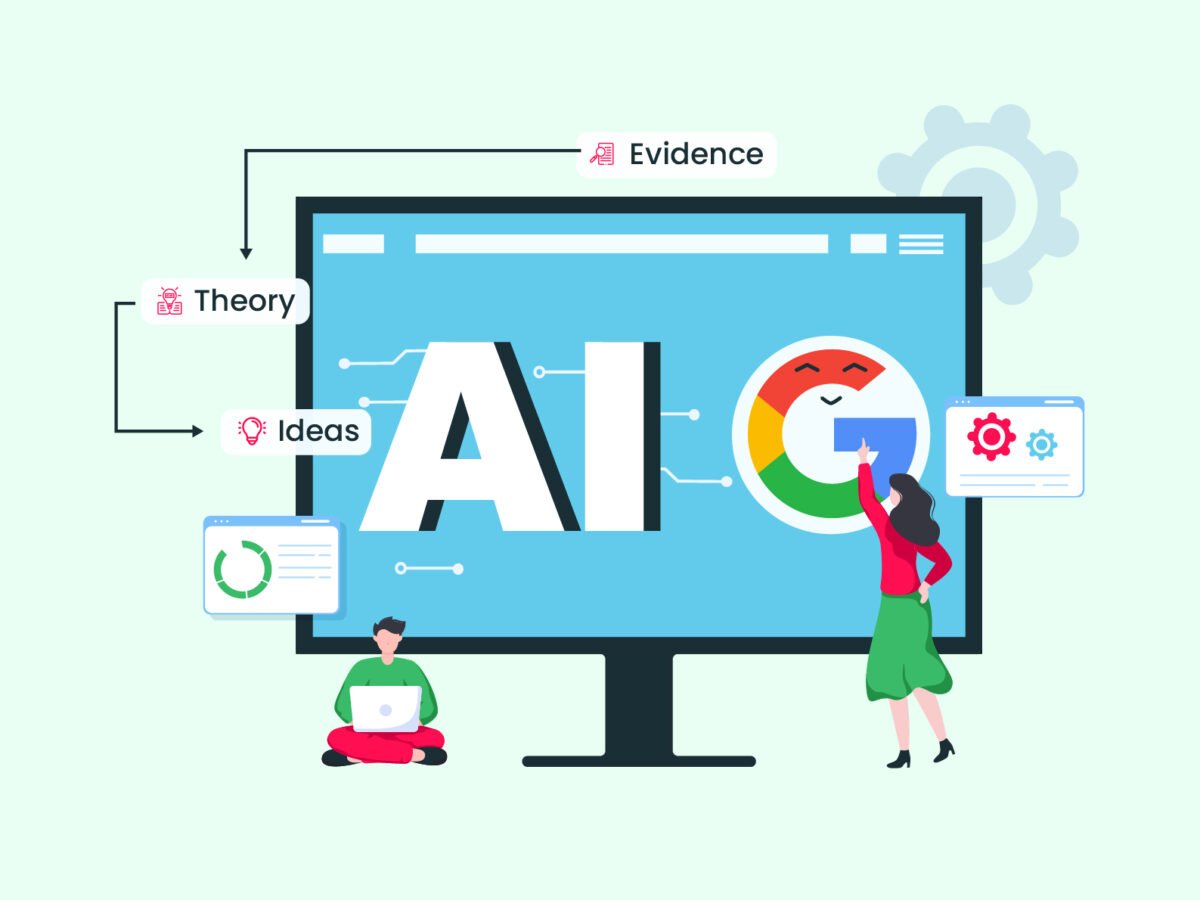
Why Use AI for Content That Ranks on Google 2025
In the ever-evolving landscape of digital marketing, artificial intelligence (AI) has emerged as a transformative force, reshaping how businesses create content and optimize for search engines. As we navigate 2025, AI is no longer a futuristic concept but a cornerstone of effective SEO strategies. At Leap Marcom, a leading digital marketing agency, we understand the power of AI in crafting content that not only engages audiences but also ranks highly on Google. This comprehensive guide explores how to harness AI for content creation, actionable strategies, real-world case studies, challenges, and the future of AI in digital marketing.
The Evolution of AI in Content Creation and Its Impact on SEO
AI has revolutionized content creation by enabling marketers to analyze vast datasets, understand user intent, and produce optimized content at scale. From the early days of basic keyword tools to today’s advanced generative AI models like ChatGPT, Google’s Gemini, and Claude, AI has shifted SEO from keyword-centric strategies to intent-driven, user-focused approaches.
How AI Has Transformed SEO
-
From Keywords to Intent:
Google’s algorithms, bolstered by AI, now prioritize user intent over exact-match keywords. Natural Language Processing (NLP) allows search engines to understand conversational queries, making semantic relevance critical.
-
Zero-Click Searches
AI Overviews, appearing in 88.1% of informational queries, often provide answers directly on the SERP, reducing click-through rates to websites. This shift demands content that AI systems cite as authoritative
-
Personalization
AI algorithms analyze user behavior to deliver tailored search results, requiring content that aligns with specific audience needs.
-
Automation and Efficiency
AI tools automate repetitive tasks like keyword research, meta tag creation, and technical audits, freeing marketers to focus on strategy.
Why AI Matters for SEO in 2025
Google’s AI Overviews and emerging platforms like Perplexity and SearchGPT have redefined “ranking.” Traditional top-10 placements are less impactful if content isn’t cited in AI-generated answers. Studies show that websites ranking #1 on Google appear in AI search results 25% of the time, emphasizing the need for high-quality, authoritative content. By leveraging AI, marketers can align with Google’s E-E-A-T (Experience, Expertise, Authoritativeness, Trustworthiness) framework, ensuring visibility in both traditional and AI-driven search environments.
Actionable Strategies for Using AI to Create High-Ranking Content
To rank on Google in 2025, marketers must integrate AI into their content workflows while maintaining a human touch. Below are proven strategies to create content that resonates with both users and search engines.
1. AI-Powered Keyword Research and Intent Analysis
AI tools like Semrush and Ahrefs use machine learning to identify high-potential keywords and uncover latent search queries. These platforms analyze SERPs in real-time, grouping keywords by semantic relevance and predicting trends.
How to Do It:
- Use Semrush’s Keyword Magic Tool to discover long-tail keywords aligned with user intent.
- Leverage AI to cluster related topics, creating comprehensive content architectures. For example, for a query like “best digital marketing strategies,” AI might suggest clusters around “content marketing,” “SEO trends,” and “social media advertising.”
- Analyze competitor strategies with tools like Search Atlas to identify gaps in topical coverage.
Pro Tip: Instead of targeting exact-match keywords, optimize for question-based and conversational queries like “How to improve SEO in 2025?” to align with voice search trends.
2. Crafting AI-Optimized Content Structures
Google’s AI Overviews favor concise, well-structured content with clear answers. To be cited, content must be scannable and authoritative
Best Practices:
- Use headers (H2, H3) to organize content logically, addressing specific user questions.
- Incorporate bullet points, tables, and schema markup to enhance AI readability.
- Include first-hand expertise, such as case studies or original insights, to boost E-E-A-T signals.
- Optimize meta descriptions and title tags with tools like Surfer SEO or RankMath for higher click-through rates.
Example: For a blog post on “AI marketing trends,” structure sections to answer queries like “What are the top AI tools for SEO?” or “How does AI improve content creation?” This increases the likelihood of AI Overviews citing your content.
3. Generating Content with Generative AI
Tools like ChatGPT, Jasper, and Semrush’s ContentShake AI can produce drafts, outlines, and even full articles. However, AI-generated content must be edited to ensure quality and originality.
Steps to Success:
- Use prompts that specify tone, audience, and intent. For example: “Write a 500-word blog post as a digital marketing expert, explaining AI SEO trends for 2025, targeting small business owners.”
- Edit AI output to add personal anecdotes, brand voice, and factual accuracy. Studies show that 57% of AI-assisted content ranks comparably to human-written content when paired with human editing.
- Integrate target keywords naturally to avoid penalties for over-optimization.
Tool Recommendation: Use Jasper for brand-aligned content creation, ensuring outputs reflect your unique voice.
4. Enhancing Technical SEO with AI
AI streamlines technical SEO by automating audits, optimizing site structure, and improving user experience.
Key Actions:
- Use Screaming Frog or Semrush Copilot to identify technical issues like broken links or slow page speeds.
- Implement AI-generated schema markup to help search engines understand content context.
- Leverage AI for internal linking by analyzing content relevance and suggesting anchor text placements.
Benefit: AI-driven technical SEO reduces manual effort, ensuring faster indexing and better rankings.
5. Personalization and Audience Targeting
AI analyzes user behaviour to deliver personalized content, increasing engagement and conversions.
How to Implement:
- Use tools like HubSpot or Klaviyo to track user interactions and tailor content based on preferences
- Create dynamic content that adapts to user demographics, locations, or search histories.
- Optimize for local SEO with AI-driven geotargeting, as 72% of businesses report improved ROI from personalized campaigns.
Challenges and Limitations of AI in Content Creation
AI analyzes user behaviour to deliver personalized content, increasing engagement and conversions.
1. Authenticity and Originality
AI-generated content can lack the human touch, risking generic outputs. Google’s algorithms penalize low-quality, unoriginal content, making human editing essential.
Solution: Always refine AI drafts with personal insights, case studies, or unique perspectives. Use tools like Copyscape to check for plagiarism.
2. Accuracy and Reliability
AI tools may produce outdated or inaccurate information, especially for niche topics.
Solution: Cross-check AI outputs with reliable sources and use platforms like Semrush for real-time data validation.
3. Over-Reliance on Automation
Overusing AI can lead to robotic content that fails to connect with audiences.
Solution: Balance AI automation with human creativity, ensuring content reflects brand voice and cultural context.
4. Ethical Considerations
AI’s ability to scrape and repurpose content raises ethical concerns about originality and data privacy.
Solution: Prioritize transparency by citing sources and adhering to ethical AI use guidelines.
The Future of AI in Digital Marketing
As we look toward 2026 and beyond, AI’s role in digital marketing will expand, driven by advancements in machine learning, NLP, and predictive analytics.
Emerging Trends
-
Voice Search Optimization:
With over 1 billion monthly voice searches, AI will optimize content for conversational queries, requiring natural language structures.
-
Visual Search:
AI-powered image recognition will enhance visual search, necessitating optimized metadata for images.
-
Predictive Analytics:
AI will forecast trends, enabling proactive content strategies.
-
Agentic AI:
Autonomous AI agents will handle entire workflows, from ideation to distribution, by 2026.
Impact on Content Strategy
-
Search Everywhere Optimization:
Marketers must optimize for Google, LLMs, and social platforms, using tools like OmniSEO™ for cross-platform visibility.
-
Hyper-Personalization:
AI will deliver tailored experiences at scale, increasing engagement and loyalty.
-
Ethical Marketing:
Transparency and inclusivity will be critical as consumers demand authentic, value-aligned content.
Why Partner with Leap Marcom?
At Leap Marcom, we specialize in harnessing AI to craft content strategies that rank on Google and drive measurable results. Our team of experts combines AI-driven insights with creative expertise to deliver content that resonates with your audience and aligns with 2025’s SEO trends. Whether you need keyword research, technical SEO, or personalized content campaigns, we’ve got you covered.
Ready to Elevate Your SEO Strategy?
Don’t let the complexities of AI-driven SEO hold you back. Explore our digital marketing services and discover how Leap Marcom can help you create content that ranks, engages, and converts. Contact us today for a free consultation and take the first step toward future-proofing your digital marketing strategy.

